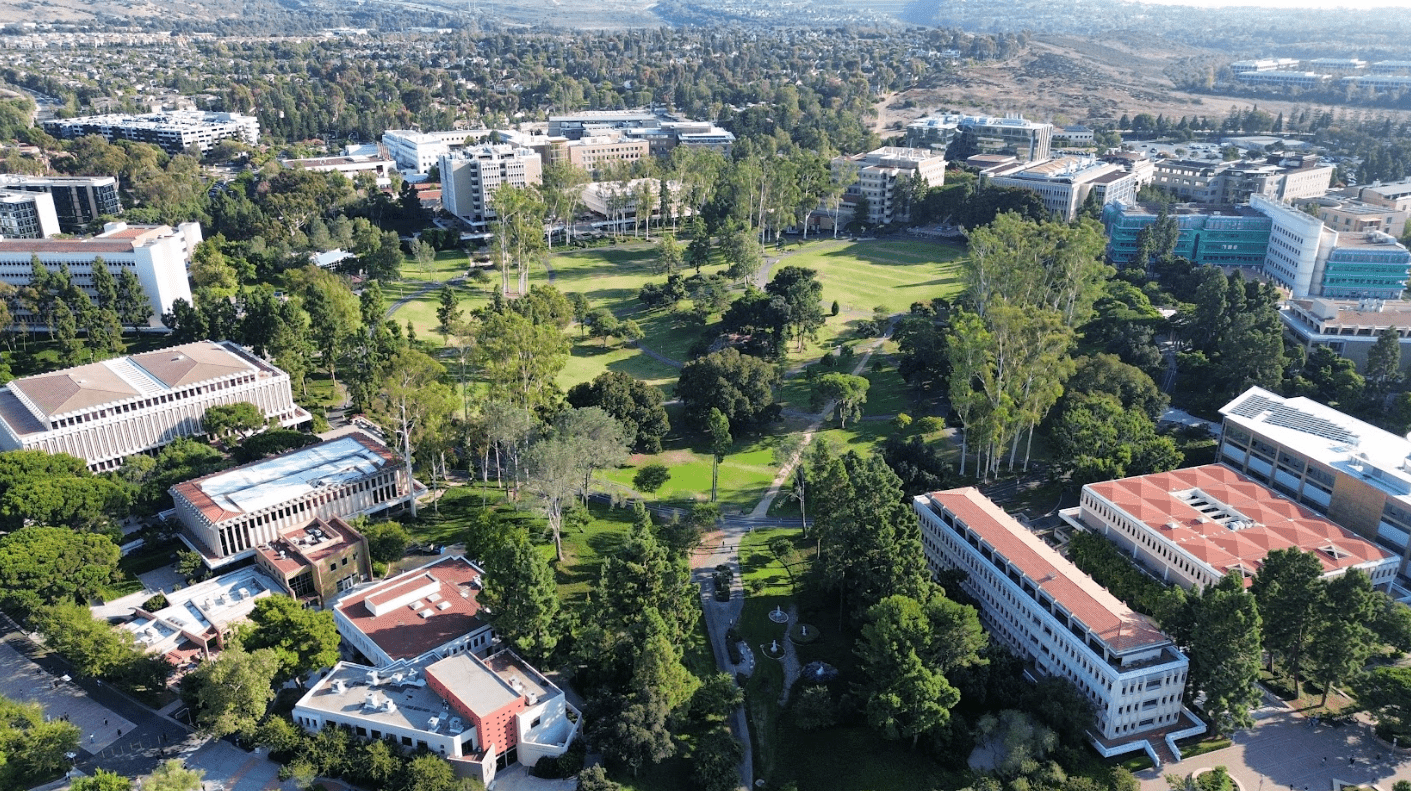Research and public service professionals (RPSPs) voted to form a new local union that represents 7,200 University of California (UC) staff members on Sept. 2. The union — Research and Public Service Professionals – United Auto Workers (RPSP-UAW) — will advocate for issues in compensation, job security, retirement, and healthcare benefits and career development.
The election resulted in 83% of 3,080 RPSPs voting “yes” to starting a union. Before then, multiple meetings were held to discuss the purpose of the union and to listen to the concerns of employees from all over the UC system.
By unionizing, RPSP-UAW hopes that its members will gain a place in administrative spaces to make their demands and discuss potential adjustments to UC’s budget. The union cites successes that other unions have had in bargaining over wages, layoffs and promotion processes as a motivation behind unionizing, claiming that those who affiliate with a union receive 10%-37% more wage increases than nonunionized employees.
“It enables us to really have a seat at the table to gain access to the information that currently right now we don’t have access to, to be able to say to the university, ‘How are you spending your money?’” UCLA Project Management Professional and union member Leila Espinosa told New University. “And where are there opportunities for us to reasonably find ways that [we] as employees can be compensated well and valued well for the work and the contributions that we make.”
Since the Trump administration began cutting funding for universities across the nation –– including UC schools –– Espinosa discovered that many of her fellow staff she contacted were laid off.
Espinosa currently works for the UCLA Center for Healthier Children, Families and Communities and manages a project supporting programs and universities that help improve the public child welfare workforce.
Throughout 23 years of working in the university system, Espinosa saw that it was difficult for employees to be promoted without switching departments. According to her, there was also an increase in contract employment, which contributed to an overall sense of job insecurity and a lack of institutional transparency.
Union members were unsure if the layoffs were a necessary reaction to the cuts or if they were taken in anticipation of them. In March, the UC system responded to threats by the federal government to cut funding by initiating a hiring freeze on all ten campuses.
RPSP-UAW looks to discuss these decisions with the university.
“Does it really have to resort to these layoffs or are there opportunities for us to look at where other funding lies and to see if the university can really revisit their priorities for how they’re allotting their funding to see where we can actually save a lot of the workforce as much as possible?” Espinosa said.
In an emailed statement, UC Office of the President spokesperson Heather Hansen said that the university recognizes the importance of RPSPs and is prepared to enter into conversations with the union.
“We respect the decision of these workers and are committed to bargaining in good faith toward a first contract that strengthens UC’s research, public service and the workforce that makes both possible,” Hansen said.
The next step for the union is to start a bargaining committee and outline demands for the university.
Mariam Farag is an Assistant News Editor. She can be reached at msfarag@uci.edu
Edited by Alyssa Villagonzalo and Joshua Gonzales



